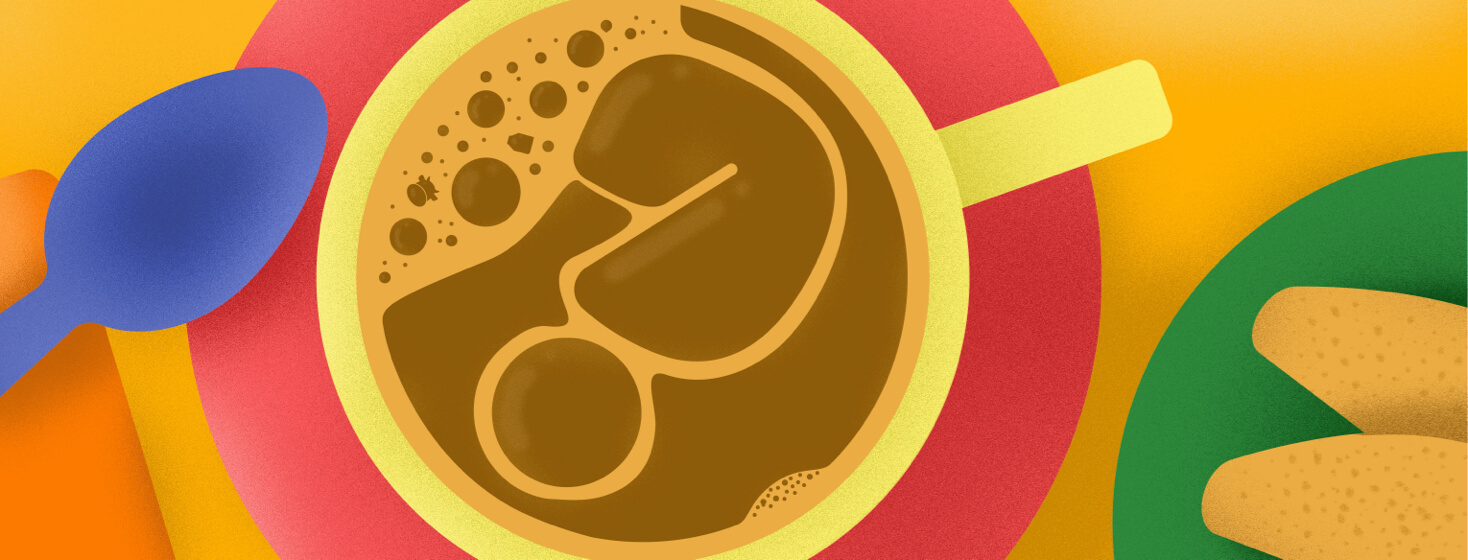How to Wean Off Caffeine
“Your brain is on fire and caffeine is gasoline.”
My headache specialist said that to me five years ago. After two decades of an on-and-off relationship with caffeine, I’ve barely had any since that headache specialist’s admonition.
Is caffeine a trigger or treatment for migraine?
Caffeine has pros and cons for people with migraine. It can trigger attacks, but it can also help abort attacks if consumed early enough. It’s also notorious for causing caffeine withdrawal headaches. Caffeine is also one culprit in medication overuse headaches caused by Excedrin, Advil Migraine, and Fioricet.
Was it hurting or helping me?
Some people have no issues with caffeine and migraine, while others can't touch it. I could never tell if caffeine was hurting or helping in my struggle with chronic migraine. My headache specialist helped me figure out that it did more harm than good for me.
What will reducing caffeine do for you?
If you’ve seen a doctor for migraine, you’ve probably been told to reduce the amount of caffeine that you drink or eliminate it entirely. While this can be frustrating advice, it’s actually a relatively easy trigger to test for. If you unexpectedly discover caffeine is a problem for you, the migraine relief will likely be worth the short-term frustrations of withdrawal. If you find it's not a trigger for you, then you'll no longer have to wonder if it's helping or hurting you.
What are the symptoms of caffeine withdrawal?
Unfortunately, the symptoms of caffeine withdrawal, which have a lot in common with those of migraine, can be difficult to bear. The caffeine-withdrawal headache gets the most attention, but other symptoms include:
- Sleepiness
- Impaired concentration
- Difficulty working
- Low energy
- Depression
- Anxiety
- Irritability
- Nausea and vomiting
- Muscle aches and stiffness
When does the headache pain kick in?
The headache pain usually begins within 18 hours of stopping caffeine and reaches it’s peak pain about three to six hours after it begins. Most people describe the pain as moderate to severe in intensity (even those who have years of experience with migraine). Drinking a small amount of caffeine relieves the immediate pain within an hour, and the headache stops happening within a week of discontinuing caffeine consumption.
Unless you can schedule in a week of severe headaches, you’re best off reducing your caffeine intake slowly. The best approach depends on how much caffeine you’re consuming when you decide to stop and how sensitive you are to the effects of caffeine.
How can you gradually wean off caffeine?
If you only drink one or two cups of caffeine a day, slowly reduce the amount you drink each day over two weeks. At the end of the first week, drink half of what you did at the start of the week; after the last day of the second week, stop drinking the caffeinated beverage altogether.
For higher levels of caffeine, try reducing the total amount by a third each week for three weeks. If you drink a ton of caffeine, reducing the amount by a quarter each week for four weeks might be better for you.
What if you develop unbearable symptoms?
If you develop unbearable caffeine withdrawal symptoms while you’re weaning off, you’ll probably need just a small amount — maybe a tablespoon — of a caffeinated drink to stop the symptoms. Then adjust your next day’s intake accordingly.
As with all things migraine, your exact decaffeination schedule will depend on your own body.
Is it worth a try?
Caffeine withdrawal can be frustrating and tedious, but it's worth a try for everyone with migraine. At worst, you'll find it's not a trigger for you and will be able to cross it off the long list of possible culprits. At best, you'll get some relief when you stop dousing the fire with gasoline.

Join the conversation